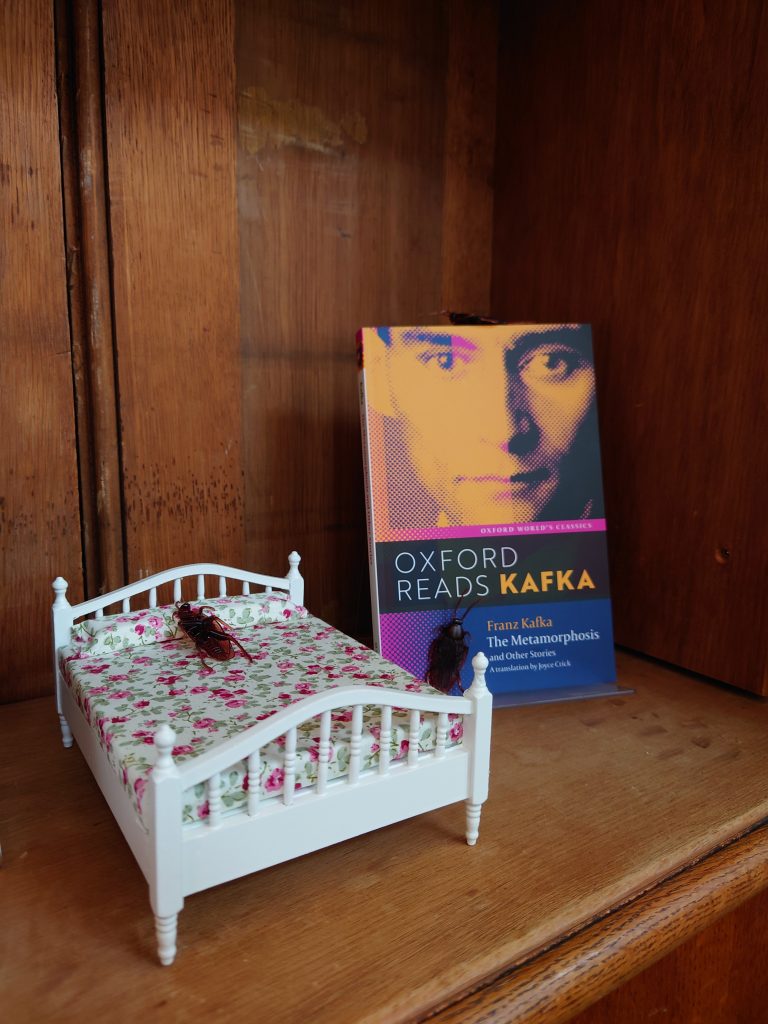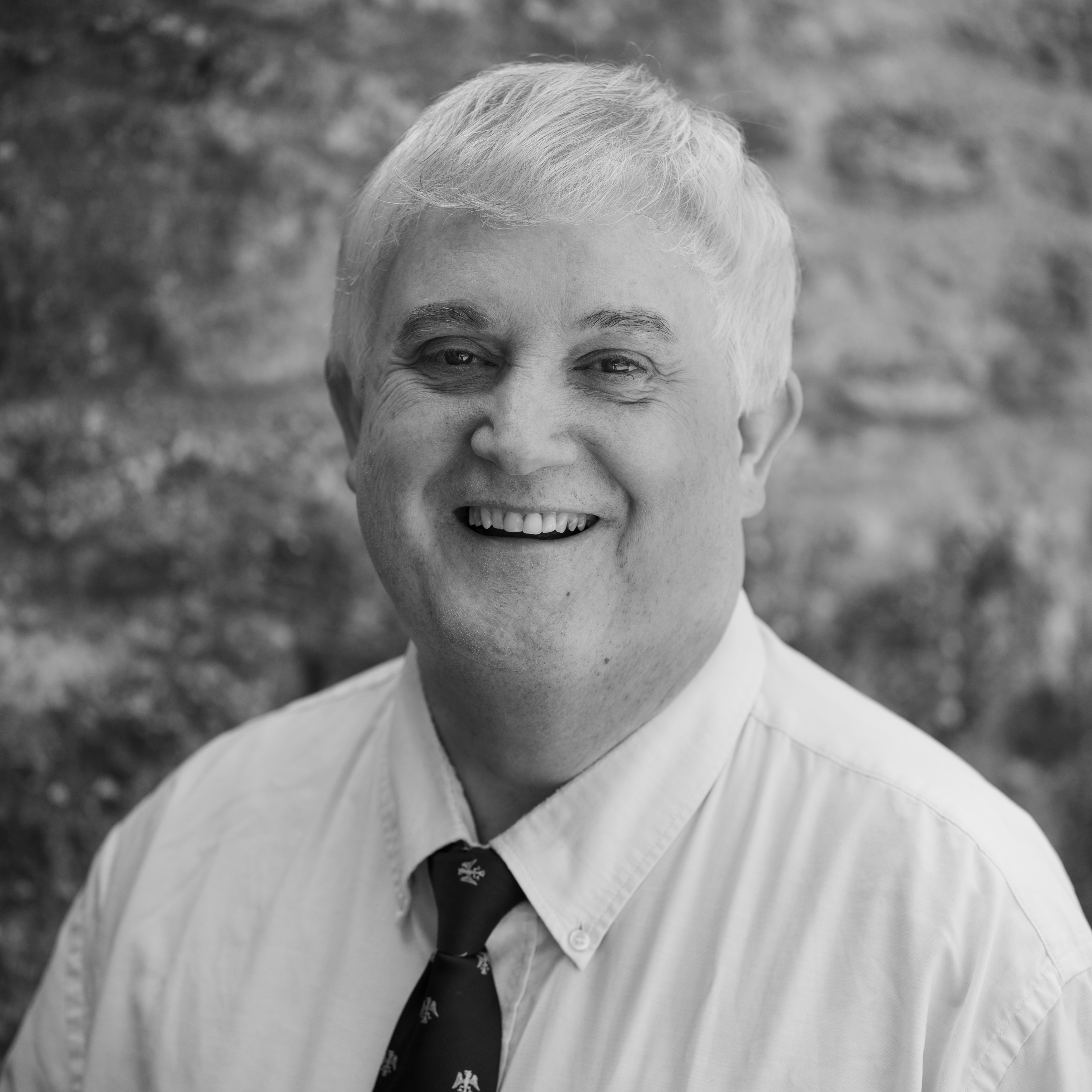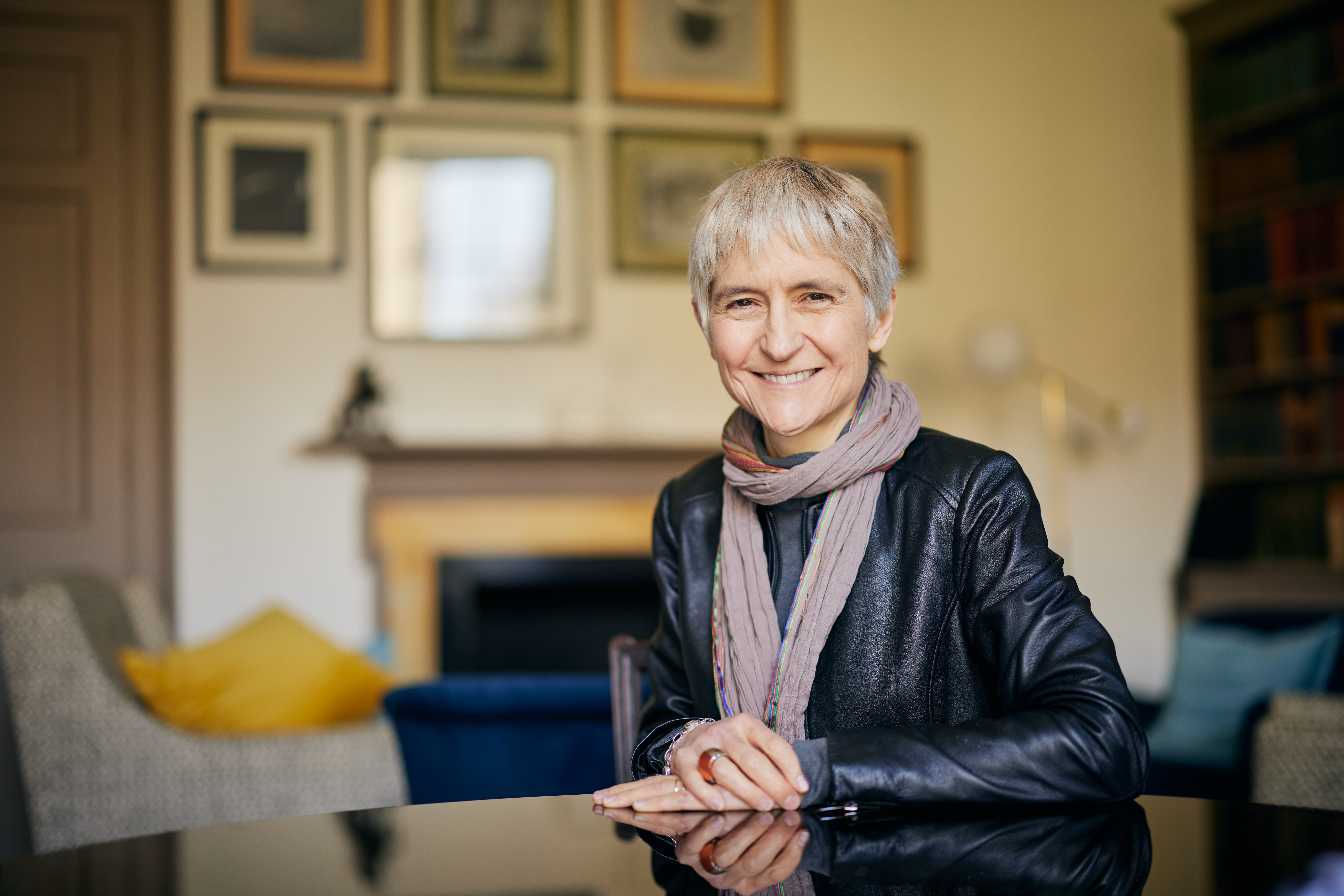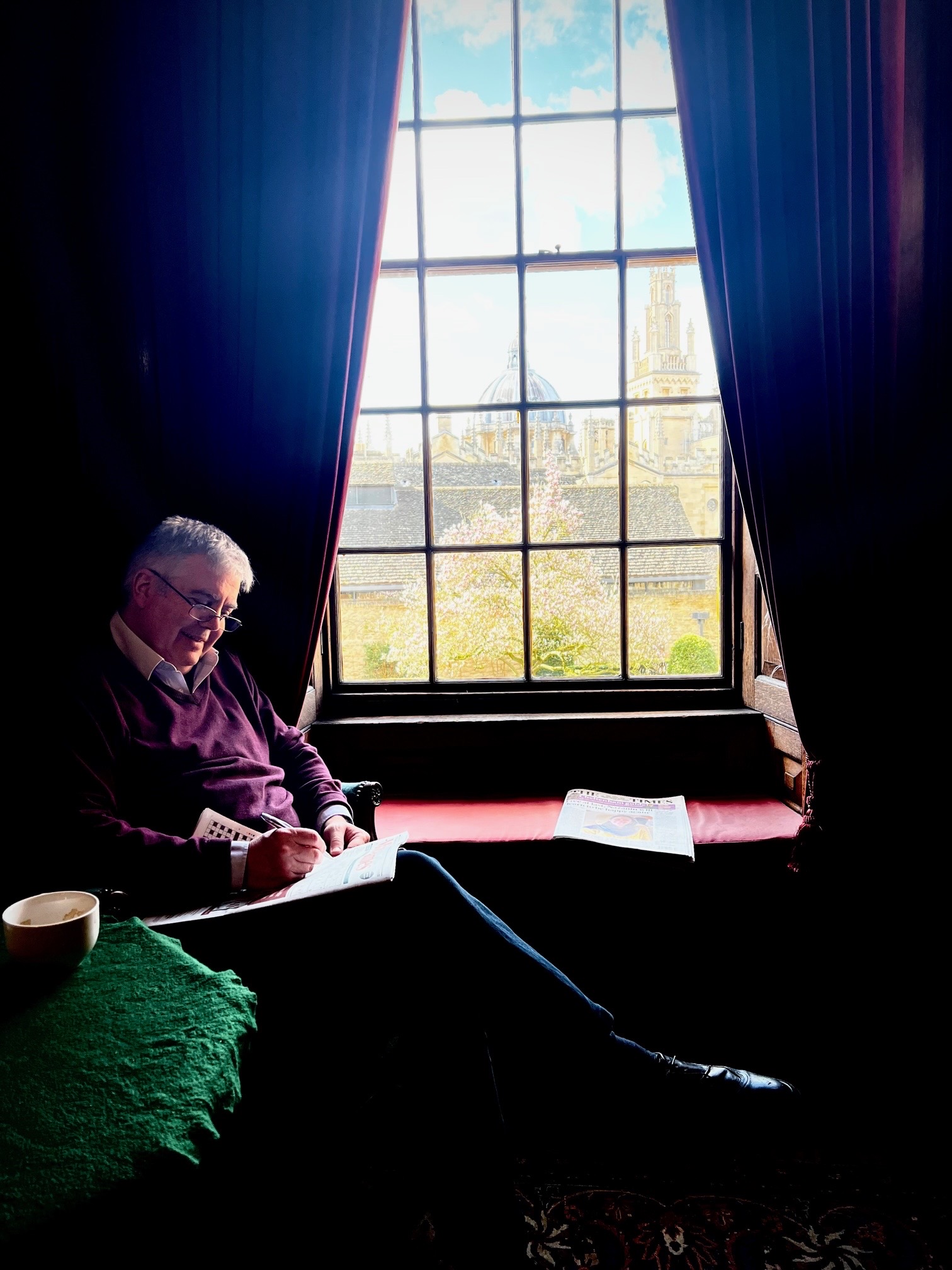We asked the Schwarz-Taylor Chair of German Language and Literature Prof Karen Leeder FRSA MAE to tell us about the Oxford Reads Kafka project.
What is the Oxford Reads Kafka project?
Oxford Reads Kafka is an initiative to bring together students, academics, staff, and the local community to mark the centenary of the death of Franz Kafka. Kafka is one of the most important authors of the 20th century, so much so that he has a word, Kafkaesque, in the English language. The Bodleian, which has manuscripts of several of his most famous works, is holding a major exhibition: Kafka: Making of an Icon, at the Weston Library curated by colleagues from the Oxford Kafka Centre (keep an eye on our news pages for more details); they also have an Arts and Humanities Research Council (AHRC) grant for an academic conference called Kafka’s Transformative Communities looking at the way Kafka’s legacy lives on.
This is where Oxford Reads Kafka comes in, against this backdrop, and sets out to involve the whole University along with schools, libraries, and reading groups and to bridge the gap between town and gown.
As part of the celebrations, there will be a book giveaway where every undergraduate and graduate will receive a copy of Metamorphosis in Trinity Term 2024. Why was this text chosen?
The idea is to offer free copies of the story Metamorphosis to all students to celebrate this extraordinary author. One of the reasons it was chosen is because it is probably his most famous and influential work; after all, it has one of the most memorable opening lines in literary history: ‘As Gregor Samsa woke one morning from uneasy dreams, he found himself transformed into some kind of monstrous vermin.’ It’s a dark existential comedy which has been interpreted in so many ways.
Some people see it as a story of family; some people have interpreted it as an economic fable and, in fact, the recent production in London by Lemn Sissay, who is going to be opening the exhibition, presented it as a fable of modern Britain and economic hardship. Over the decades it’s been interpreted as a religious parable; a Marxist analysis of alienation; a story about disability; and, most recently, it’s been thought about in terms of ecology.
So, it’s a story that’s very open to thinking about in different ways. But it always poses more questions than it answers. It’s fascinating, it’s gripping, it’s nightmarish, but it’s also very funny, and short! It exists in a wonderful translation by Joyce Crick for Oxford University Press and so the decision was made to share the book with students and allow everyone the opportunity to read it for themselves. There will also be a public reading in the Sheldonian that will bring together members of the University, authors, students, town dignitaries and others.
What would you like students to get out of receiving the book?
Most of all I really hope they enjoy reading the book. But it is also about bringing Oxford together: students, staff, alumni, in an act of reading a short story that contains worlds. I hope they will enjoy taking part in a celebration of a remarkable piece of world literature and Oxford’s part in the history of that work. And, finally, this is a chance to see how the divisions can come together to shed light on Kafka from all the corners of the University.
I think what we will see is how we can illuminate different angles that are not mutually exclusive but that actually enrich each other and that’s a very powerful message to pass on about education, reading, and working together.
You are coordinating the Humanities response to the Kafka centenary celebrations in Oxford. Can you tell us what will be happening?
Each division at Oxford was asked to support the mass reading of the text in some way and come up with ideas. Natural Sciences are having a wonderful exhibition on insects; Medical Sciences are thinking about mental and physical health, partly because the book can be read as an account of a family member who is ill and partly because Kafka himself had TB; Social Sciences are thinking about aspects of disability; and in Humanities we already have the AHRC project which is working with the Royal Ballet, the choreographer Arthur Pita, and the dancer Edward Watson who did a version of Metamorphosis and who will be performing A Hunger Artist in Oxford. The project is also producing music events with the Cultural Programme and has commissioned writers to follow on from Kafka with their own work. The Oxford German Network is holding Kafka competitions for school students; and the Cultural Programme has even sponsored a massive ‘metamorphic’ tent full of events.
As there are already a lot of events running, I came up with the idea of a podcast series that talks to colleagues from across different fields to explore very varied themes, such as transformation, illness, humour, ecology, race, and reception. Recorded at Queen’s, these are short, engaging introductions to the text which I think will be of interest to both students and the general public. I especially enjoyed the David Baddiel episode on Kafka and Humour where he reimagines Peep Show’s Mark Corrigan waking up as Gregor Samsa – that image will stay with me.
The second thing we’re doing is a double bill of another metamorphosis story at The Old Fire Station from 10th-12th May called Kafka’s Ape. It’s a brilliant one-man show by the prize-winning South African writer and actor Tony Miyambo. This is paired with an award-winning Fringe stand-up show by cult comedian Ed Gaughan called Words and Music. Both these shows turn on Kafka’s story A Report for an Academy which, like The Metamorphosis, uses an animal to ask what it is to be human. And, of course, it’s also all about the transformation of one genre, the short story, into others, here drama and stand-up, and how texts change from one time to another taking up the concerns of our own contemporary moment.
The third thing we’re doing in Humanities is examining the idea of ‘hunger artistry’. Kafka wrote a very interesting story A Hunger Artist, which takes its cue from the real practice of exhibition starvation done for the entertainment of paying audiences, even into the early twentieth century. The story again bears comparison with Metamorphosis, both in its interest in food and in the endings. Artists and writers have been fascinated by this story and have responded to it in all kinds of ways; I’ve already mentioned the ballet which will be on at the Old Fire Station in June, for example. But what does it mean in a world where eating disorders are rife, and starvation is used as a political protest or as a weapon of war? We will be having an event to explore these themes at the Weston Library on 30th May.
What are your thoughts on the interdisciplinary nature of the centenary celebrations?
I find this aspect very exciting. Although the aim of the podcast series was exploring ideas within the humanities, I found myself talking to people from all different languages, I was talking to artists, I was learning a lot of new things, and I hope others will find the variety of perspectives as inspiring as I do. And that is even before one embarks on the programmes from the other divisions.
Using one brilliant text as a lens for discovery has so much potential. On the one hand we have all the different divisions beaming light onto this one text, but also, from the text we can go out in all sorts of different directions and discover worlds we don’t already know about.
Image: display in the Library by Lauren Ward



